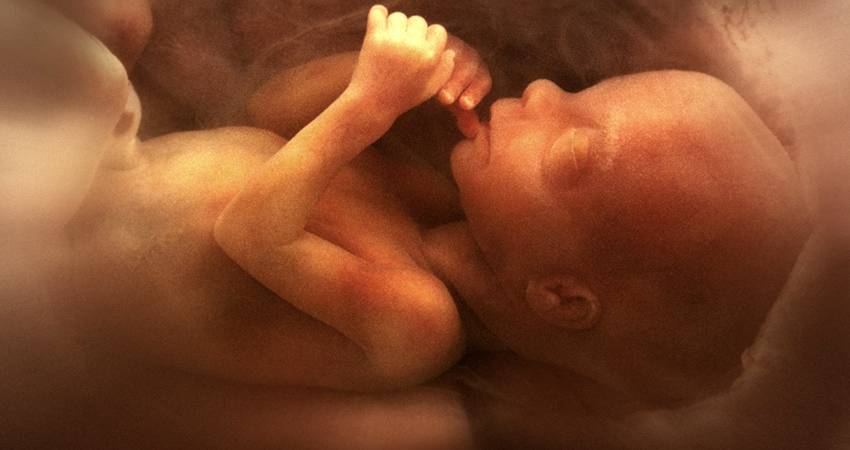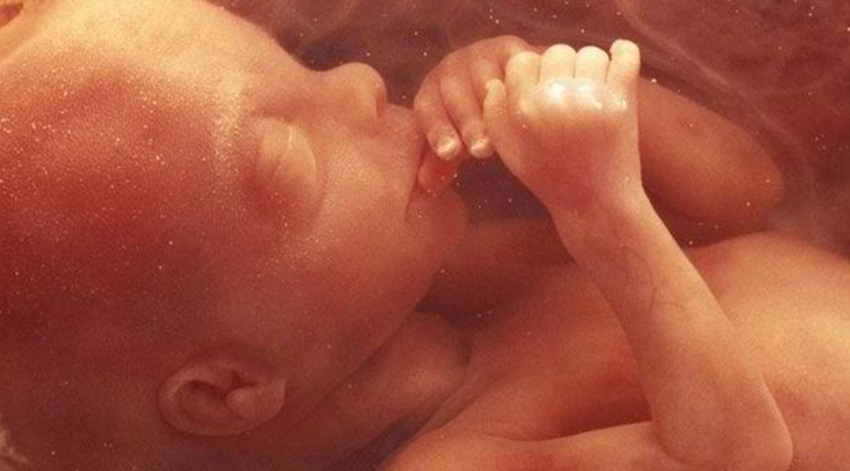
MANUS MCMEANMAN: Unethical and illegal – THE ICB’S PLANS FOR THE EMBRYO
Recently the tax-payer funded Irish Council for Bioethics called for legislation for destructive embryonic stem-cell research. They did this despite the fact that, by their own admission, upwards of seventy percent of submissions opposed such a move. Amazingly what none of the media covering publication of the report failed to mention is the fact that such legislation would be totally and utterly illegal.
Some may be tempted to point to a High Court ruling a year or two ago which claimed that the unimplanted embryo was not a person protected by Article 40.3.3 of Bunreacht na hÉireann. However, if the High Court never got things wrong we would not have a Supreme Court, but what’s particularly interesting about this issue is that there’s a ruling from an even higher court; the people of Ireland.
Throughout the history of the state, since the ratification of Bunreacht na hÉireann, the role of the people has been a legislative role in agreeing or rejecting amendments to the Constitution. With regard to the human embryo, however, we have also served in a judicial capacity by rejecting the government’s interpretation of article 40.3.3 regarding the definition of the word unborn.
You see Article 6 reads: “All powers of government, legislative, executive and judicial, derive, under God, from the people, whose right it is to designate the rulers of the State and, in final appeal, to decide all questions of national policy, according to the requirements of the common good.”
So we have a judicial power superior to any judge, a power which we have only once been asked to exercise.
In 2002 the people were asked, among other things, to define the term ‘unborn’ as referring only to those people who have been implanted in a woman’s womb but have not yet been born. We rejected that definition when we voted No in that referendum. In effect we were being asked to define what the Constitution means. This is a function of the courts and the judiciary. So by putting this request to us the government asked us to use our judicial powers under Article 6, quoted above.

When a court such as the High court or the Supreme court, or in this case the people of Ireland, make a ruling on the meaning of a law, no lower court can legally rule that the law is different to what the higher court decided it was. This means that the High Court, or Supreme Court is in error if they rule that implantation is the moment from when the unborn protected by law exist. If they have been informed of the ruling the people of Ireland made in 2002 and choose to ignore that ruling then they are acting beyond their powers, and in my view are clearly in contempt of the law.
I hope didn’t make it sound too complicated because I now have a job for you. Re-read this piece a few times until you not only understand it, but can argue it. Cut it out and put it aside somewhere if it will help. Then whenever this issue comes into the news again, contact your local radio station and write to the letters’ pages reminding the media of this essential fact. Its all very well to tut tut and talk about democracy in Kenya, Zimbabwe, China etc. but we have to fight for it here too or we will slide down the slippery slope to where these other countries are. In this case, lives are at stake right here and right now.
Manus MacMeanmain
Featured
- Campaign to stop EU funding out of state abortions - tell your EU commissioner to vote NO
- Judge recuses himself from case of woman praying in censorship zones for “apparent bias”
- I’m a Celebrity star criticises “sad” UK law that aborts babies with Down Syndrome up to birth
- British actress speaks out on “serious risk” assisted suicide bill has for those with eating disorders
- Caplan’s “Tragic Hysteria of Abortion” discusses the flaws with mainstream Turnaway Study interpretations
- Backlash as Scotland report proposes legalising sex-selective abortion up to birth
- Canada hits new record as 1 in 20 deaths a result of Euthanasia
- Ben Scallan defends pro-life on TV show Dinner with the Enemy
- Influencers share the loss of their beloved unborn baby
- Dublin woman with cancer says unborn child was sent to save her
- Mother and baby doing well after surgery for mother’s cancer during pregnancy
- Josiah: Abortion Survivor
- Loving the Unborn
- Rally for Life 2025
- Don't assist Suicide 2024


























